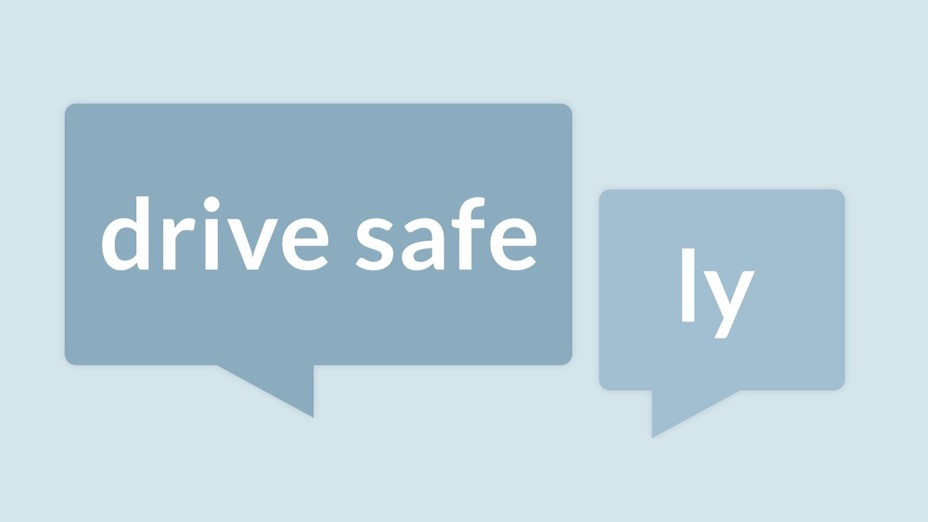: a word belonging to one of the major form classes in any of numerous languages, typically serving as a modifier of a verb, an adjective, another adverb, a preposition, a phrase, a clause, or a sentence, expressing some relation of manner or quality, place, time, degree, number, cause, opposition, affirmation, or denial, and in English also serving to connect and to express comment on clause content
In "arrived early" the word "early" is an adverb.
compare adjunct, conjunct, disjunct
Love words? Need even more definitions?
Merriam-Webster unabridged












Share